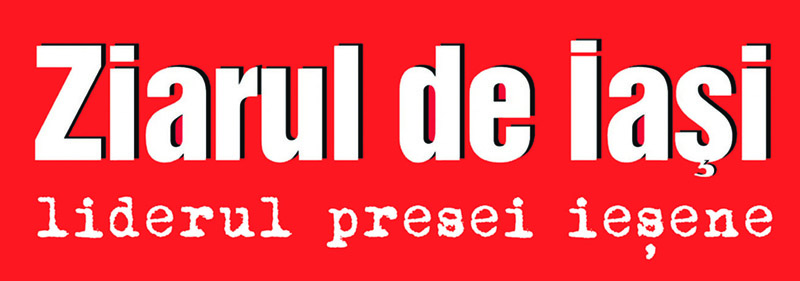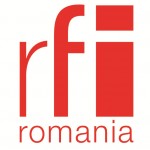PER LIBERTATEM AD VERITATEM
WELCOME ADDRESS FROM THE RECTOR OF ALEXANDRU IOAN CUZA UNIVERSITY OF IAŞI
Distinguished guests, dear colleagues and friends,
On behalf of our entire academic community, it is my honour and privilege to welcome you to the Coimbra Group Annual Conference hosted by Alexandru Ioan Cuza University, the oldest Romanian higher education institution.
Iaşi, „the city of the seven hills”, „just like Rome”, as it is depicted by a beautiful and old local poem, is the unofficial capital of Moldavia, a historical province situated in the north eastern part of Romania.
Officially mentioned for the first time in a document that goes back to the 15th century, the city captivates its visitors through the heteroclitic and picturesque blend between the modern signs and the old cultural patterns, which proves, without the shadow of a doubt, the devotement to the spiritual tradition and its continuity until the present day. In fact, the entire region represents a millenary source of the remnants which “talk” about the existence of the ancient civilizations, remnants which were for a long time considered “valuable lost goods” for the European history. At the end of the 19th century, the archeological findings revealed the painted ceramics from Cucuteni (3700-2500 B.C.), acknowledged today all around the world due to their exquisite execution and to the refinement of the decorative motifs.
All along the centuries, the local spirituality acquired a specific dimension, influenced by the cultural interference between the Byzantine East and the Roman West. Dimitrie Cantemir, ruler of Moldavia, scholar and encyclopaedist renowned all over Europe, member of the Berlin Academy in 1714 and speaker of 11 foreign languages, wrote both in Turkish and in Russian. The same intellectual effervescence marked the creations of Mihai Eminescu, the last great Romantic poet, the shows of the first Yiddish theatre in the world, the emergence of the critical spirit in the Romanian culture through the works of the “Junimea” Society and the initiative of developing the modern Romanian educational system. The political and cultural context, favorable to ample intellectual projects and open to assimilating the European liberalism, coincided with the aspiration of some local visionary personalities to offer an institutionalized expression to the need of “higher education” and to the multiple previous attempts to establish the ideal of the “educated man”. Consequently, on October 26, 1860 the University of Iaşi came into being. The inauguration moment was inspired by the “Napoleonian state school”, which represented a natural consequence of the unification politics of the two Romanian principalities in the field of the higher education system. At the end of the first decades, around World War One, due to the strong development of the scientific fields, with professors educated in some of the most prestigious western universities of that time, the University of Iaşi gained a marked Humboldtian character.
Inheriting two remarkable western academic traditions (French and German), our University managed to stay synchronized between the two World Wars and to survive afterwards, during the totalitarian communist system. From the beginning of the 90s, enjoying freedom, the University of Iaşi revived its traditional connections with the “republics of the intellect” from the founding West, regained its reason of being and has contributed to the new Europeanization of the Romanian social and cultural life ever since.
This year we celebrate a century and a half since the University of Iaşi was founded, maybe too little in comparison with the venerable age of the oldest western universities, but quite enough for a region of the continent defined by unsteadiness, where “no miracle lasts more than three days” – as the western observer might say. On this occasion, we pay our homage to the past that enlightens and inspires our present path, a past that we consider to be coincident with the European academic tradition and, at the same time, we are confidently looking towards the future.
The theme of this year’s Coimbra Group Annual Conference – Research and Values – reiterates an older academic debate within the new context of globalization: the problem of “the two cultures”, as C. Snow named it, or of “Science and Beliefs”, as expressed by M. Polanyi. How much reason and how much experiment founds the “wertfrei” objectivity, again and again, subjected to the doubt and sensibility of the “thinking reed”?
We are looking forward to receiving you as distinguished guests at Alexandru Ioan Cuza University of Iaşi, during a crucial moment for its evolution.
Sincerely yours,
Prof. dr. Vasile IŞAN











